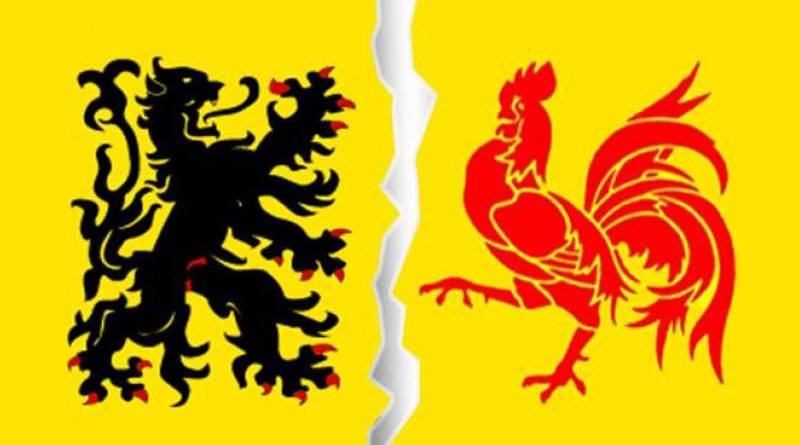Is Belgium a European state that will not exist in next 10 years?
Alina Adamczyk | 2 Sep 2018
When we ask people, who live within borders of a country, which we call Belgium, about their nation or motherland, we could surprisingly hear an answer that Belgium is something that does not exist.
What is it all about? Why Belgians do not feel Belgian enough to call themselves by this title?
The answer has a historical and cultural background. Two lands lie within the borders of Belgium – Flanders and Wallonia, which are constantly in contradiction. On the one hand, we have Flanders, wealthier, larger part, in which people speak Flemish. On the other side, we can meet Walloons who speak French, where the public sector is bigger, but also unemployment is much higher. Flanders attempts to secede, to create their own country with about 6 million people population. But for Wallonia, maintenance of Belgium as a whole is more profitable, and it is the main task of its politicians.
A lot of this kind of problems came up owing to the creation of the Kingdom of Belgium in 1830 by the great powers, not because the nation was fighting for its freedom and right to self-determination, but rather to create a buffer between France and Germany and to keep the Dutch in their place. Thanks to these factors, nowadays we have a country where it is possible that citizens are not able to understand each other at language level. We can even come across some real cases in which e.g. nurses do not help people who do not belong to their ethnical group, or courts where judges speak only French.
Having all this information, we can now easier answer the question about the future of Belgium. It is true that people inside this country call themselves Flemish or Walloons, therefore it means that Belgian nation does not exist and there are no movements and desire to create one. The only problem in this dispute is Brussels, which is a Flemish city with the biggest percentage of French speaking people in Flanders and a host city of many EU and NATO headquarters. The way in which one of the Flemish politicians, Bart De Wever, refers to Brussels, is rather meaningful: “the last obstacle”. Taking all this under consideration, we could follow Flemish interior minister, Liesbeth Homans, who said: “A split is possible or an extensive transfer of powers to the regions and the federated states in such a way that Belgium might disappear by itself by 2025.”
All that is left for us is to observe the situation and realise that dissolution of Belgium is a possibility that can happen in near future.










Leave reply